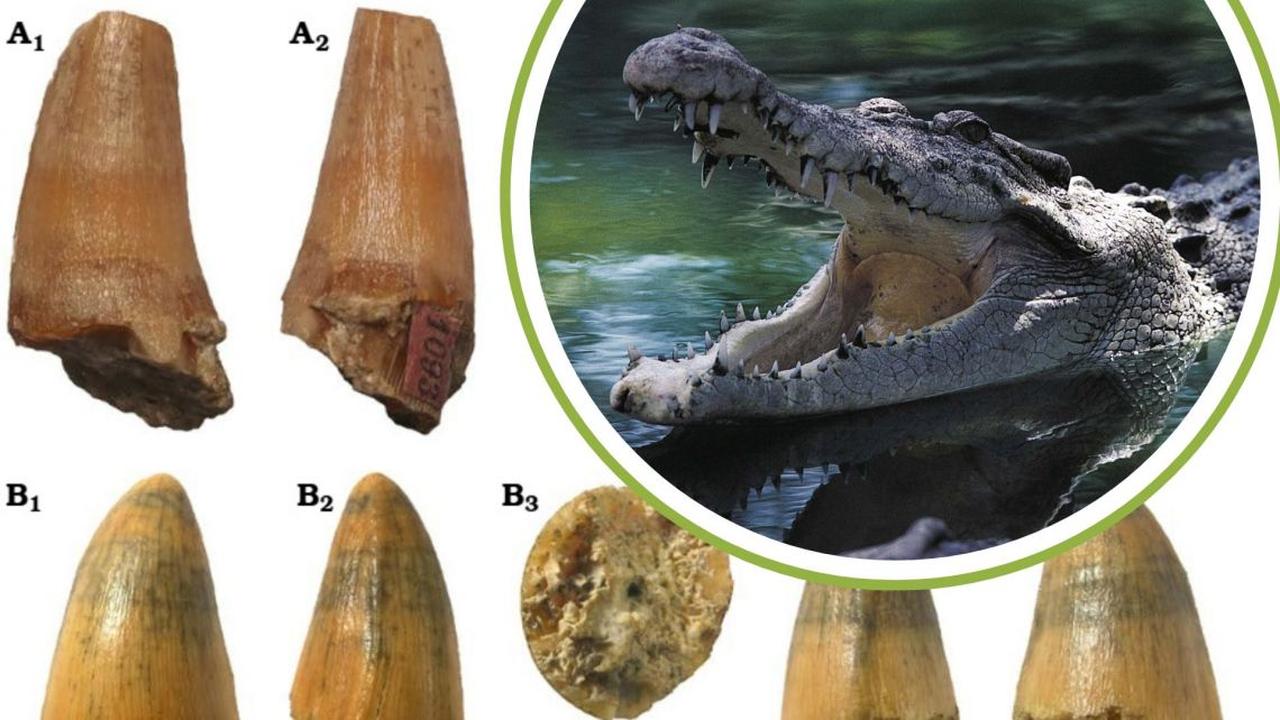
The fossilized remains of a crocodile that roamed the Earth 17 million years ago have been uncovered in central Poland, marking the northernmost evidence yet of crocodiles from the Miocene epoch, scientists have confirmed.
The discovery was made by a team of Polish and Czech researchers working at a coal mine in central Poland.
Initially believed to be a typical bone fragment, the find turned out to be a fossilized dermal plate—part of a crocodile's skin armor.
Experts say the find sheds new light on the ancient distribution of crocodilians.
Until now, such creatures were thought to be confined to more temperate and tropical climates during the Miocene epoch, which spanned from 23 million to 5.3 million years ago.
"This is the northernmost record of crocodiles from this period," researchers stated, adding that it challenges assumptions about prehistoric climate zones and animal migration patterns.
The find not only enriches understanding of ancient crocodile habitats but also provides fresh insights into the broader Miocene biodiversity of what is now central Europe.
Scientists believe the area may have been significantly warmer and wetter than it is today, creating suitable habitats for semi-aquatic reptiles like crocodiles.
Further studies and excavations are expected at the site, which may yield more information about the ecosystems of prehistoric Europe.